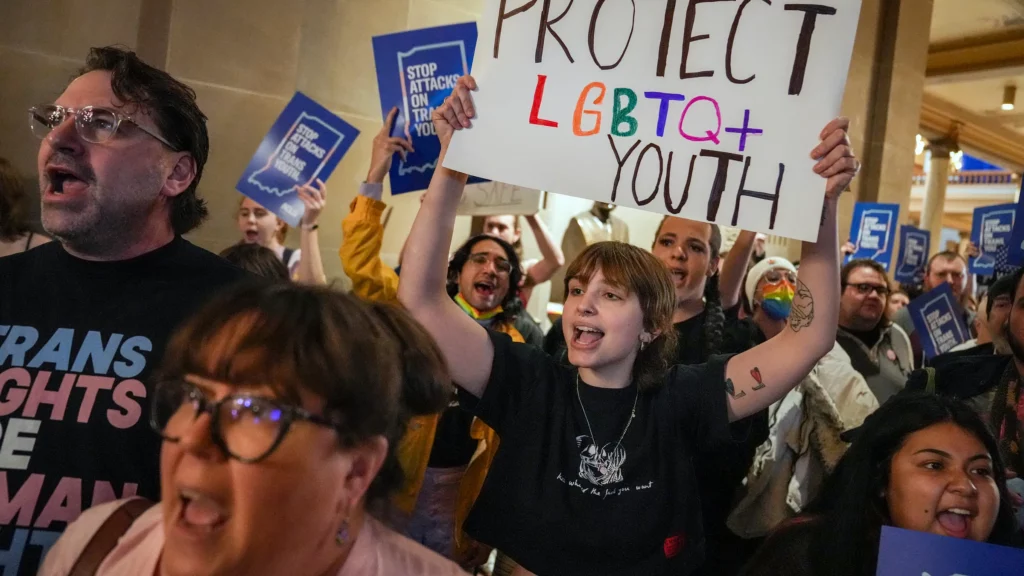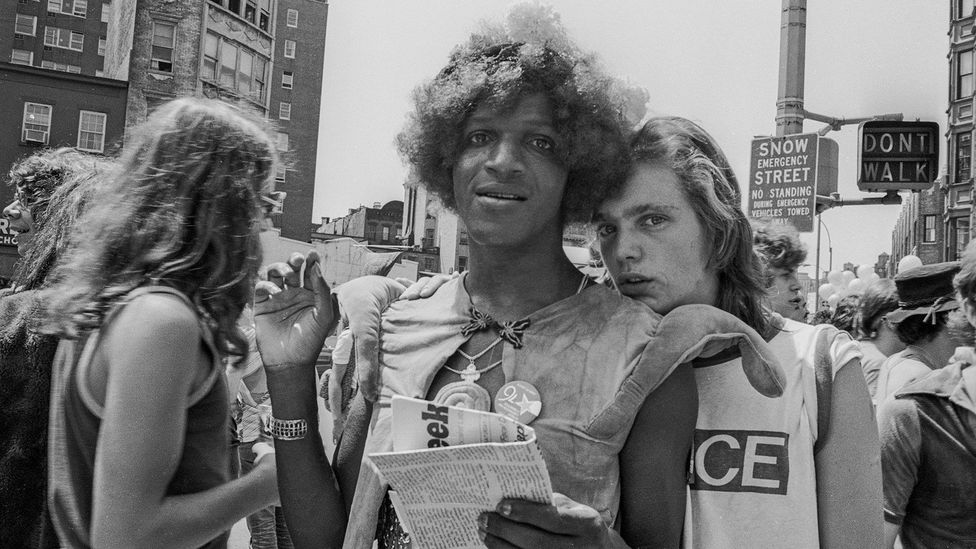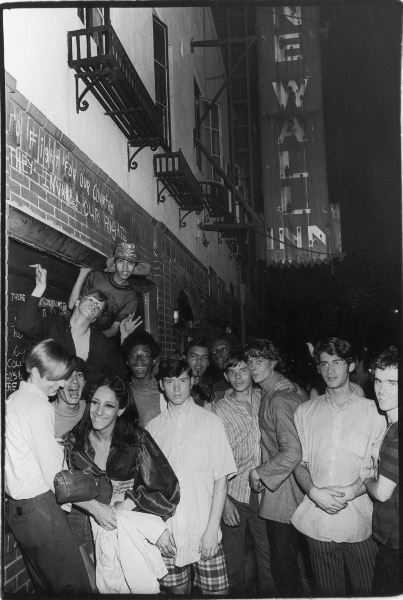Reflections on Pride Month: Beyond the Celebrations
It’s June, which means it’s time for another Pride Month – a time to celebrate everything queer and the steps that have been made toward queer liberation.
But what does Pride month mean if it’s watered down to rainbows, “love is love”, and celebrations?
Can we really engage with Pride month if we’re not recognizing the hard fought battles that have taken place to get the LGBTQ+ community to this point?
Can we really engage with Pride month if we’re ignoring the alarming bills and policies that have continued to come forth in a majority of states throughout the year?
To provide a little history, Pride month came into being to recognize the Stonewall Uprising of 1969 – a pivotal moment in LGBTQ+ history, where the queer community fought back against the police raids that were taking place at LGBTQ+ bars and establishments in New York City.
An excerpt from The Library of Congress states:
“June 28, 1969 marks the beginning of the Stonewall Uprising, a series of events between police and LGBTQ+ protesters which stretched over six days. It was not the first time police raided a gay bar, and it was not the first time LGBTQ+ people fought back, but the events that would unfold over the next six days would fundamentally change the discourse surrounding LGBTQ+ activism in the United States.
While Stonewall became well known due to the media coverage and the subsequent annual Pride traditions, it was a culmination of years of LGBTQ+ activism. Historians have noted that the shift in activism, if Stonewall truly represented one at all, was a shift primarily for white cisgender people, as people of color and gender non-conforming people never truly had the benefit of concealing their marginalized identities.
While the events of Stonewall are often referred to as “riots,” Stonewall veterans have explicitly stated that they prefer the term Stonewall “uprising” or “rebellion”.
The reference to these events as riots was initially used by police to justify their use of force. Early publications show that the LGBTQIA+ community largely did not use the term riot until years after the fact.
It’s important to note the impact that BIPOC transgender women played in the stonewall uprising. Activists Marsha P. Johnson and Sylvia Rivera played a large role in the uprising, and were trailblazers in the LGBTQ+ rights movement.
I like to share this history, because I think sometimes it’s easy to see the Pride month celebrations and think, “everything must be okay now, there’s acceptance and celebration around this community, the work is done,”.
However, unfortunately, this couldn’t be further from the truth.
Bills targeting the transgender community have been appearing in states all across the U.S., as well as bills targeting drag performances. Violence is still occurring for members of the LGBTQ+ community, with a particularly large impact on Black transgender women.
The impact continues to compound when looking at queer people who are also experiencing racism, classism, ableism, and other forms of harm that are embedded in the systems we operate under.
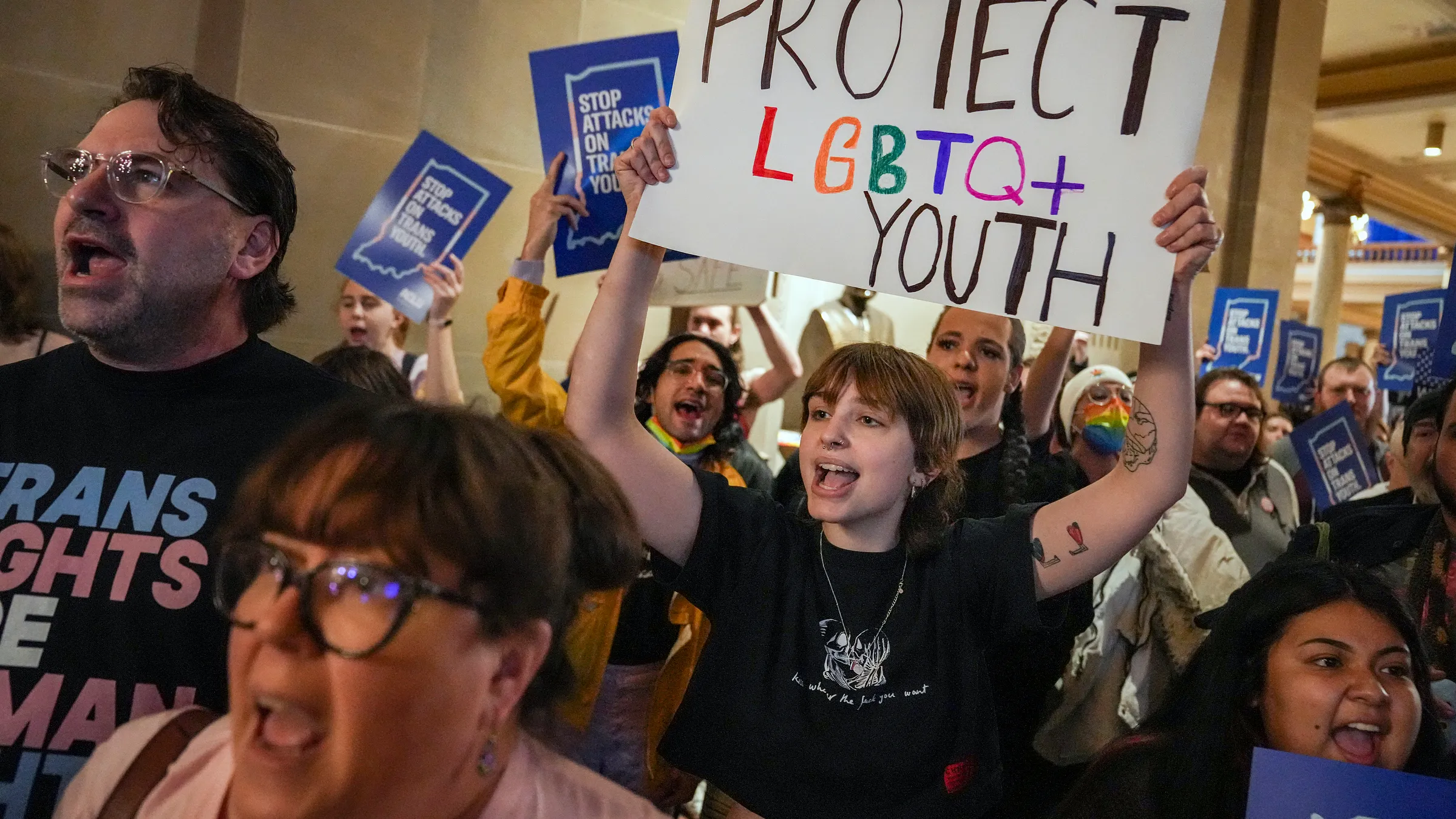
The ACLU of Indiana recently filed a lawsuit against Senate Enrolled Act 480, a ban on gender affirming care that would strip away young transgender people’s ability to access necessary and life-saving health care.
So what do we do? How do we even begin to address everything that is happening?
For allies to the LGBTQ+ community, my call of action would be to research and understand what’s happening currently – both in your state and in the U.S. as a whole.
Read books to understand unique perspectives on the queer experience. Allow space for queer voices – especially the voices of those who experience the greatest amounts of marginalization under our current systems – our BIPOC LTBTQ+ community members.
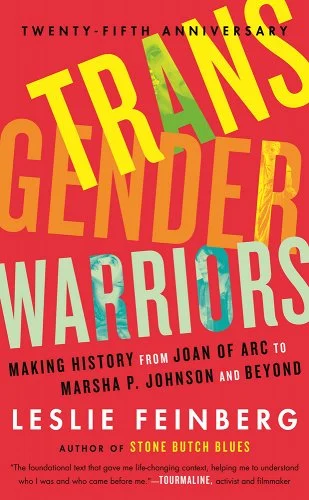 Further, I want to urge community members to get involved and learn with us. Join our book club, happening in July, where we will be discussing the book, “Transgender Warriors: Making History from Joan of Arc to Marsha P. Johnson and Beyond” by Leslie Feinberg.
Further, I want to urge community members to get involved and learn with us. Join our book club, happening in July, where we will be discussing the book, “Transgender Warriors: Making History from Joan of Arc to Marsha P. Johnson and Beyond” by Leslie Feinberg.
This book aims to share more about the history of the transgender community, that is often not provided within our history books.
Register for our book club here.
——————————–
As a queer person, I would be lying if I said that I wasn’t scared of the bills and movement against the LGBTQ+ community that I have witnessed in the past few years.
My hope is that, as we all work together and listen to each other, we can work to end the violence that is occurring and create more welcoming and caring communities for all.
Further reading & resources:
https://www.aclu.org/legislative-attacks-on-lgbtq-rights
https://www.lgbtmap.org/equality-maps
https://www.womenshistory.org/education-resources/biographies/marsha-p-johnson
https://guides.loc.gov/lgbtq-studies/stonewall-era#s-lib-ctab-24103782-0
By Ash Rathwell (they/them)
DVN Training Services Coordinator
